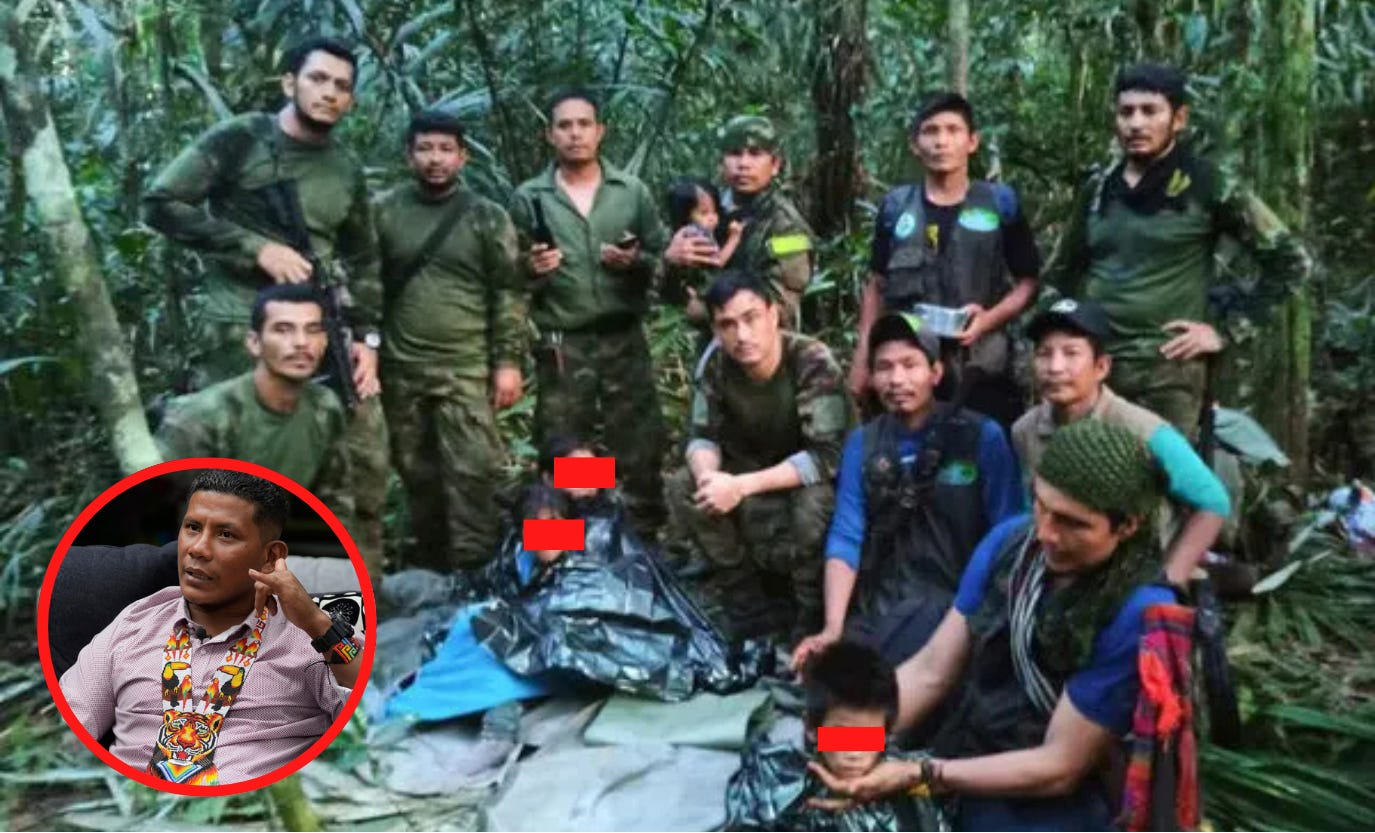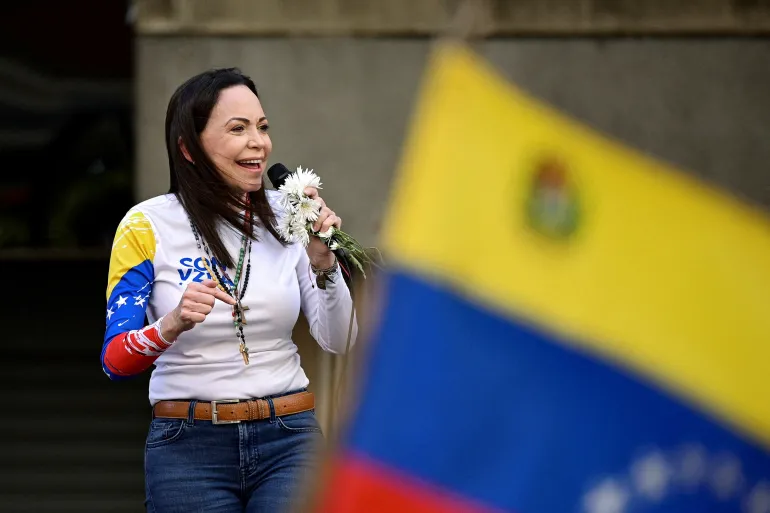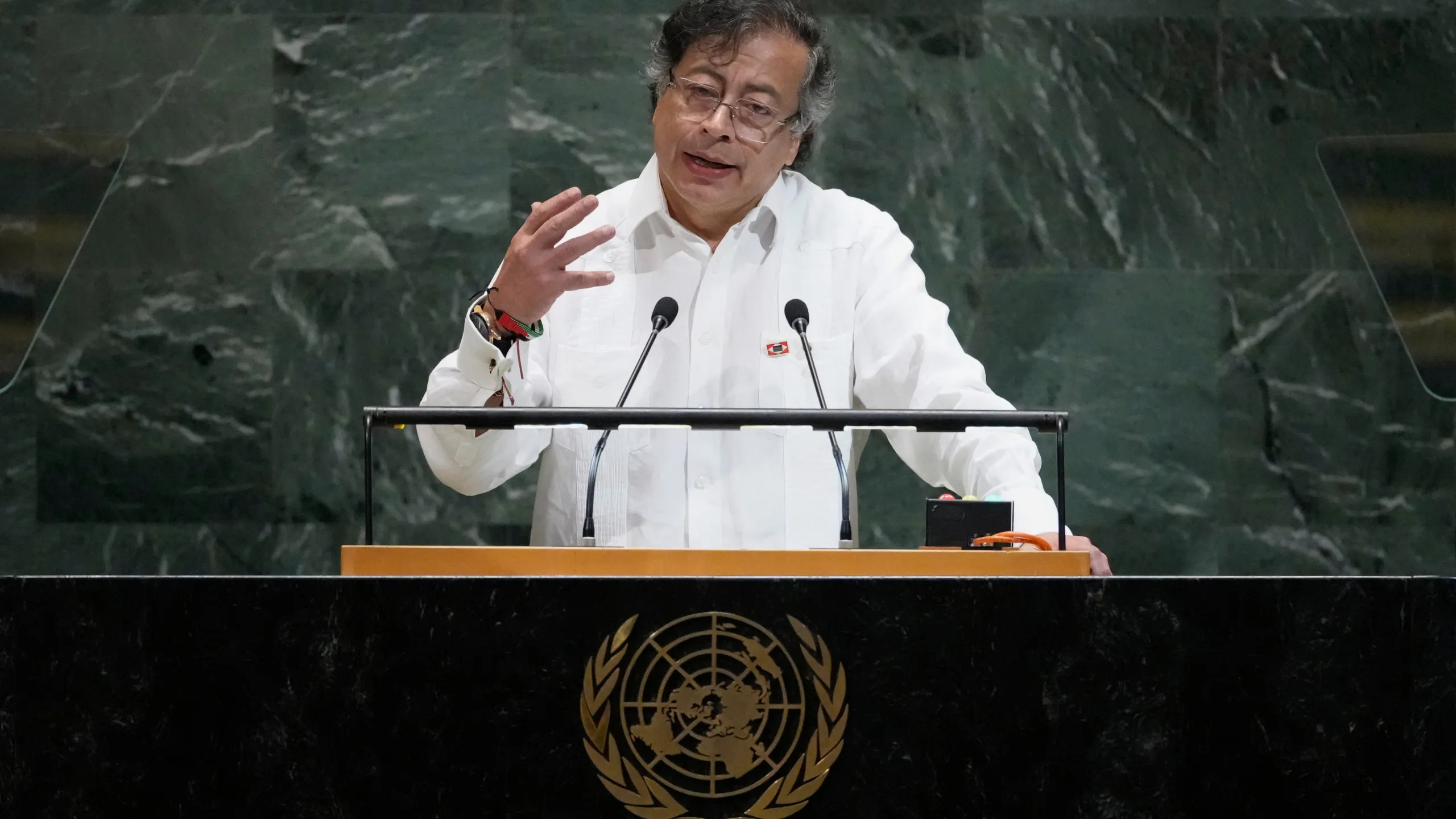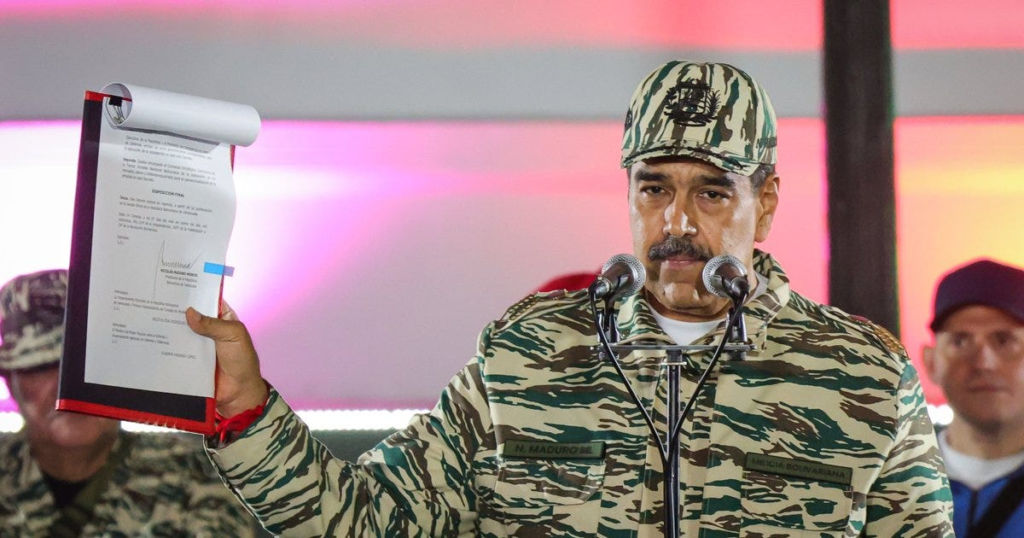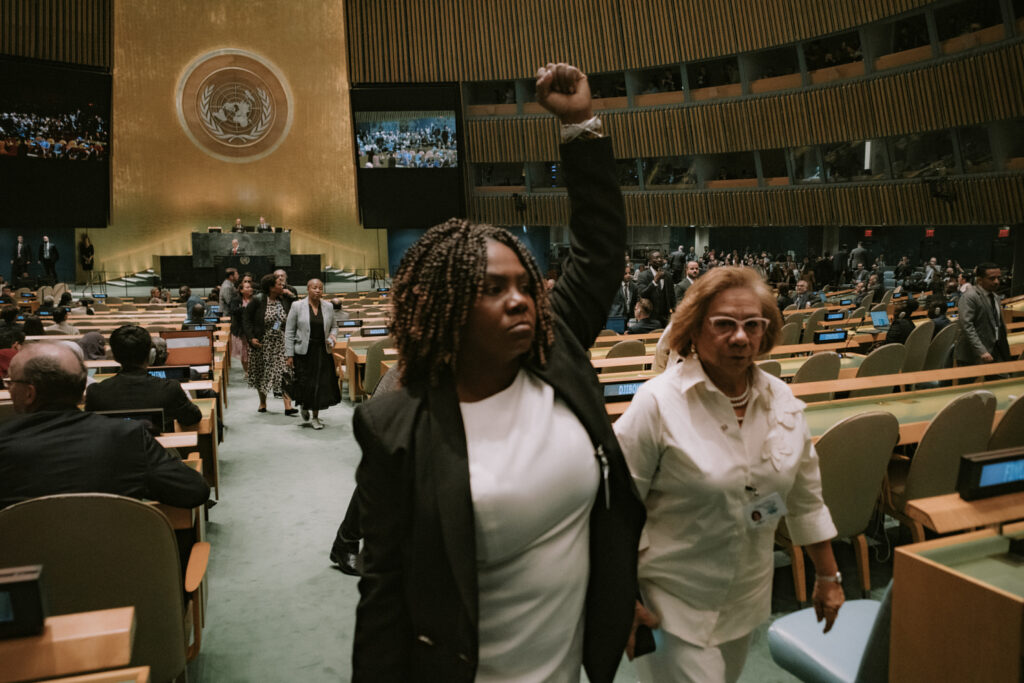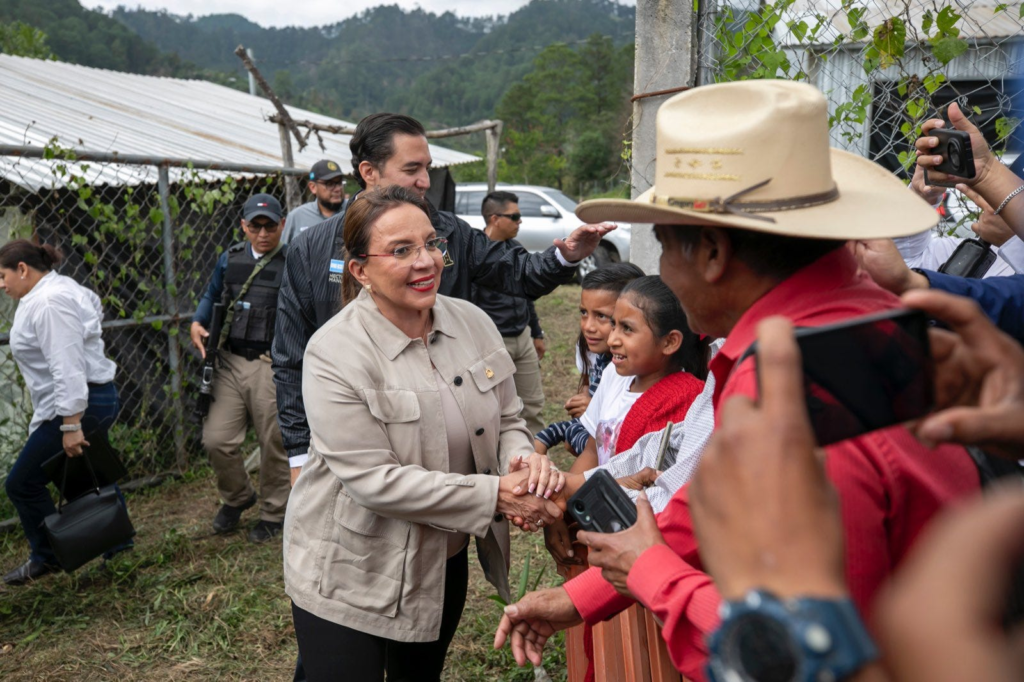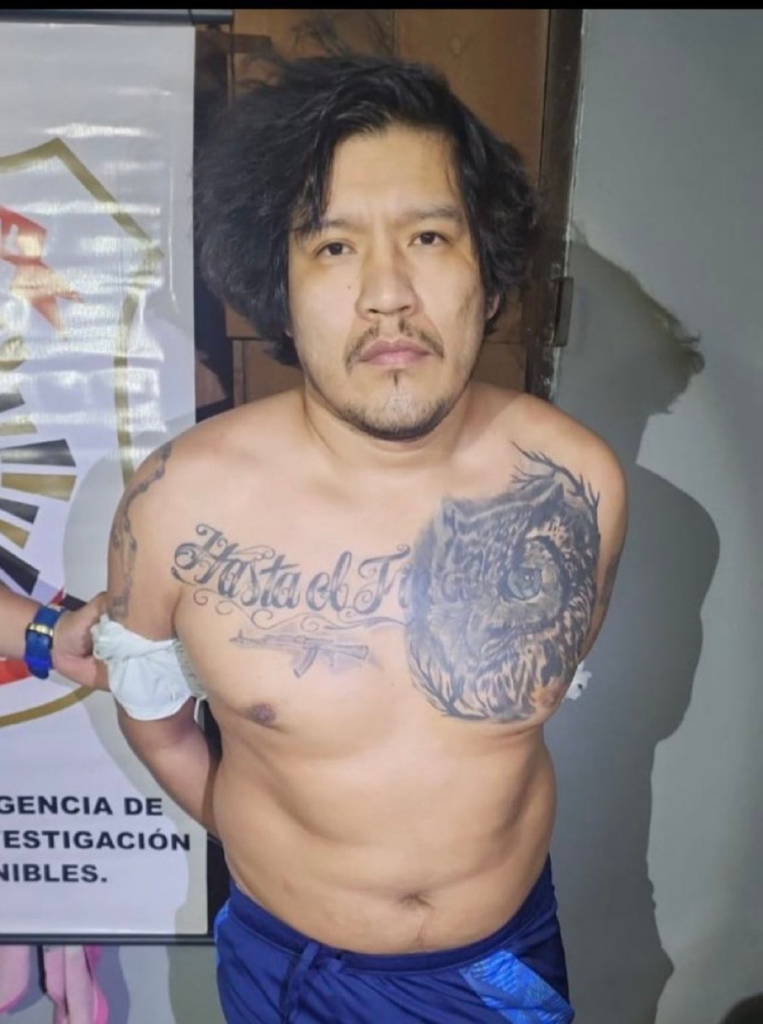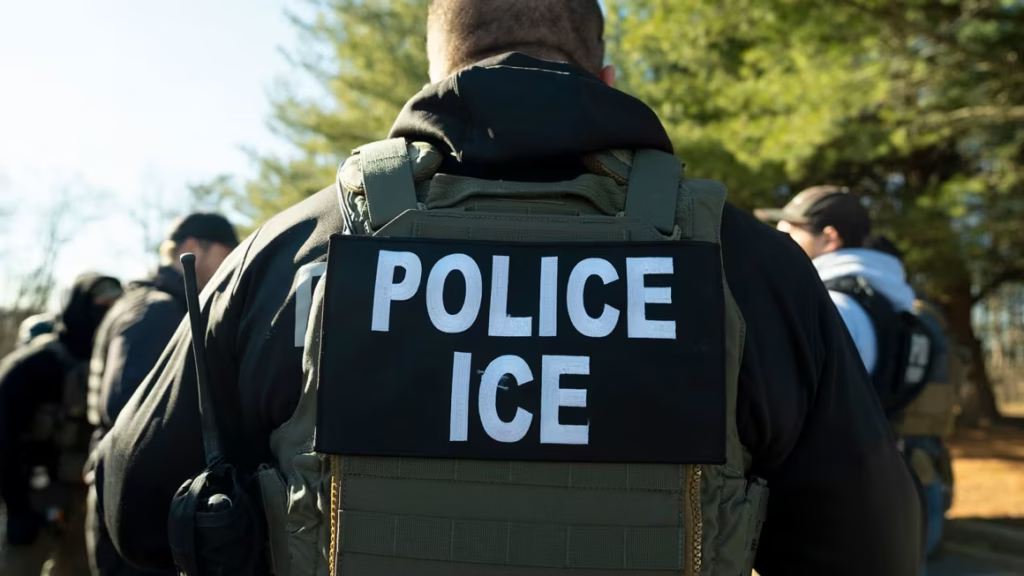The story was a hair-raising tale of tragedy, survival, and the inseparable bond of siblings that led to their miraculous discovery in the remote, unforgiving jungles of the Colombian Amazon.
It was a story that captivated the world in May of 2023, when four indigenous children of Colombia’s Indigenous Huitoto people – aged 13, 9, 4, and 11 months – were stranded and left to fend for themselves for 40 days in the harsh forest regions of southern Colombia, when their small single-engine Cessna crashed, killing three adults on board, including the children’s mother, Magdalena Mucutuy Valencia.
The group, which also had on board the pilot and a tribal leader named Herman Mendoza Hernández, departed for Bogotá when their river village of Araraquara, in the southern Caquetá Department, had been allegedly overrun by criminal bandits. Outlaws and criminal drug organizations operate throughout these remote jungle regions to avoid detection by authorities, and often encroach, and even seize local Indigenous territory occupied by native Indian groups to conduct their illicit activities.
The mother, Magdalena, and her four children intended to begin a new life in the capital city of Bogotá along with their husband and father, Manuel Miller Ranoque.

When the Cessna failed to arrive at a local Bogotá airport, a search operation was immediately launched called Operation Hope, and an elite unit of Colombian military personnel that specialized in the heavily forested terrain began their search for the plane and those on board.
After about two weeks from the time of the plane’s departure, Colombian soldiers were able to locate the wreckage and discovered the bodies of three deceased adults, but no children.
Another search and rescue team of Indigenous members was eventually formed, and the natives were much more familiar with the harsh terrain, eventually discovering small items that would reasonably be in the possession of a small group of children, such as a trail of discarded materials like diapers, a small baby bottle, and discarded snack bags, the same of which that were also found in the wreckage of the fallen Cessna. The search teams knew that they were close.
The remote Indigenous populations that occupy this terrain have deep suspicions ingrained within their psyche, and arguably with valid reason – distrustful of the state and of the marauding criminal bandits that invade these rural wastelands. Bandits that loot, kill, and plunder these native tribespeople, terrorizing the local Indigenous populations and taking everything they have. The children said afterwards that throughout the day, they would often hide in tree trunks to avoid detection by both man and beast.
This posed major difficulties for the search teams, who not only had to battle the brutal land teeming with fatal wildlife but also the distrust held firmly by the desperately stranded youngsters. The teams eventually employed an ingenious maneuver to gain the trust of the lost children by blaring the voice of the children’s grandmother through loudspeakers, telling them to sit still and stay close.
Eventually, it was the grace and perceptive sense of smell from a Belgian shepherd named Wilson that found the small clan, and a helicopter crew dropped into the canopied jungle where the family was discovered and were speedily raised into the chopper and flown to a hospital in Bogotá for intensive care.
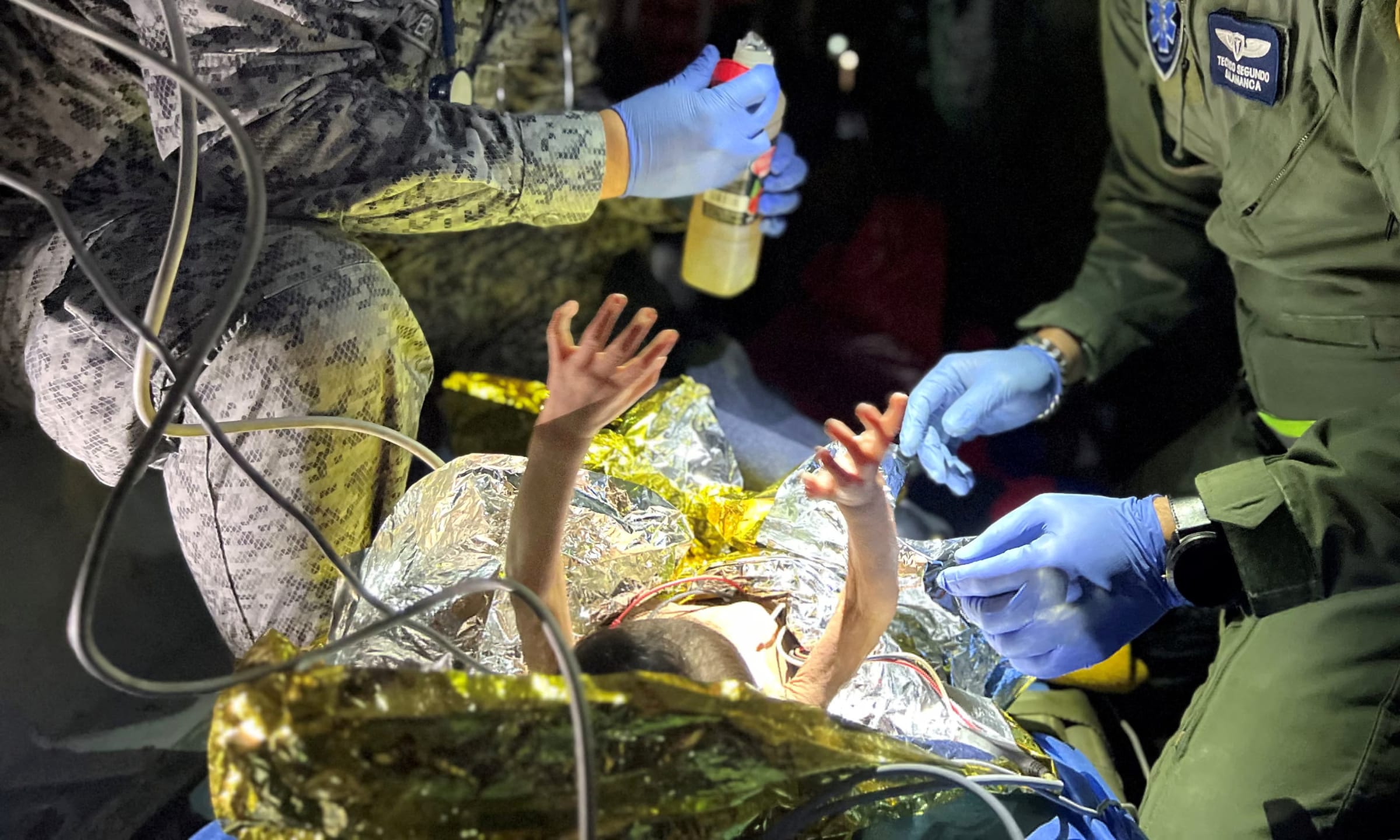
But it was anything but a perfect world after this family reunion. In August of 2023, several months after the rescue, Colombian prosecutors announced sexual abuse charges against the father of two of the four Indigenous children who survived the plane crash.
In a statement, prosecutors accused Manuel Ranoque of sexually abusing his 13-year-old step-daughter, Lesly Jacobombaire Mucutuy, the eldest survivor who had been widely credited with saving the lives of her three younger siblings, including the 11-month-old infant, by feeding them on a variety diet of jungle fruit found in the bush.
Earlier last month, Ranoque was ultimately convicted of the rape of his step-daughter and faced a stiff 20-year sentence for the crime.
The story caused an uproar throughout the nation after news of the father’s arrest in 2023. Ranoque had been instrumental in the search and discovery operation for the missing children, but questions were being cast into the affairs of the reclusive family. Sexual assault and child abuse can be commonly found throughout various Indigenous communities, due to their autonomous legal structures, and so are difficult to penetrate by conventional central authorities.
However, recent initiatives not only in Colombia but in Latin America, too, are being made to bridge the gulf that isolates these communities from state services and welfare organizations to improve the lives of these local Indigenous populations.
A criminal court last week in Florencia, the capital of the southern department of Caquetá, issued a sentence of 32 years for Ranoque for crimes of violent sexual intercourse and sexual acts with a minor under 14 years of age, both aggravated offenses. The court also proved that Ranoque intimidated the victim so that she would not report the abuse.

